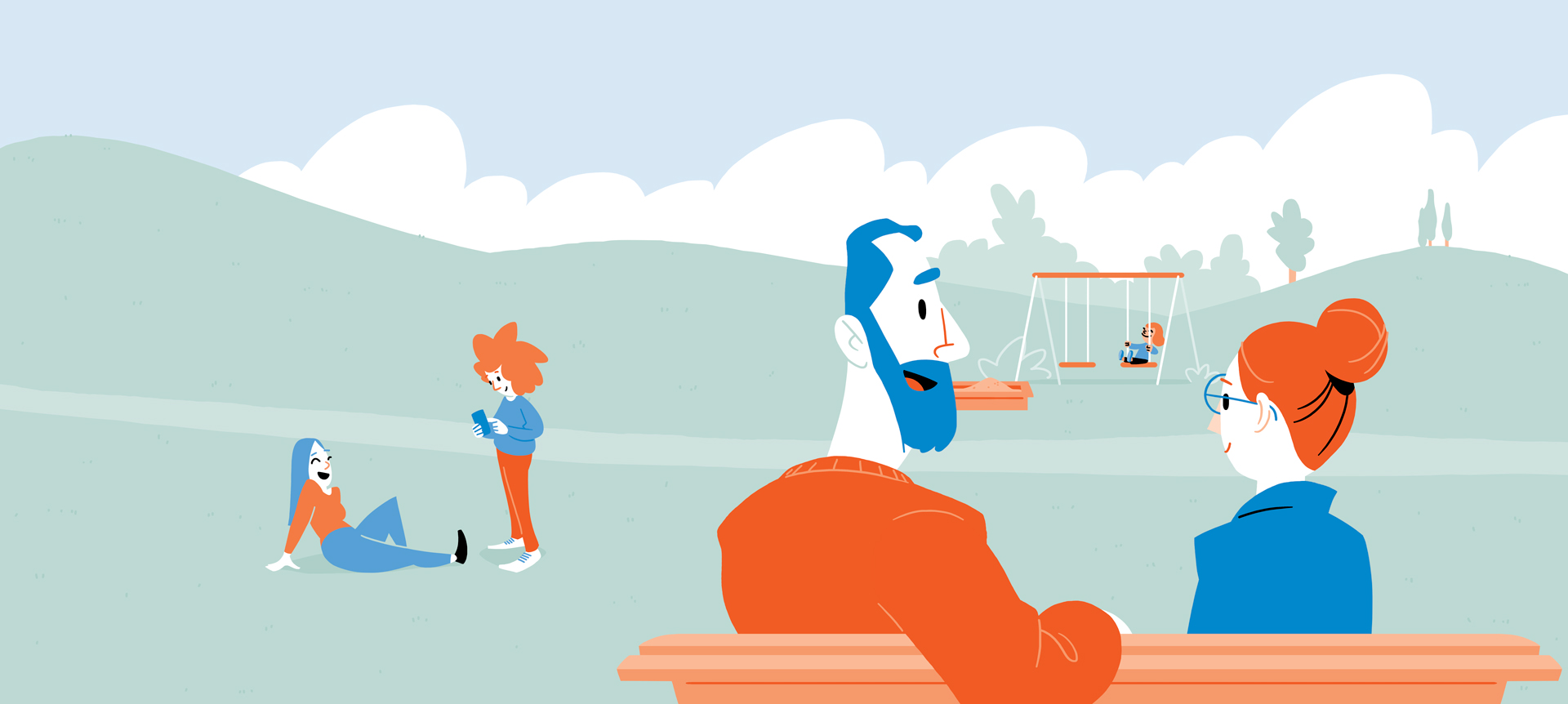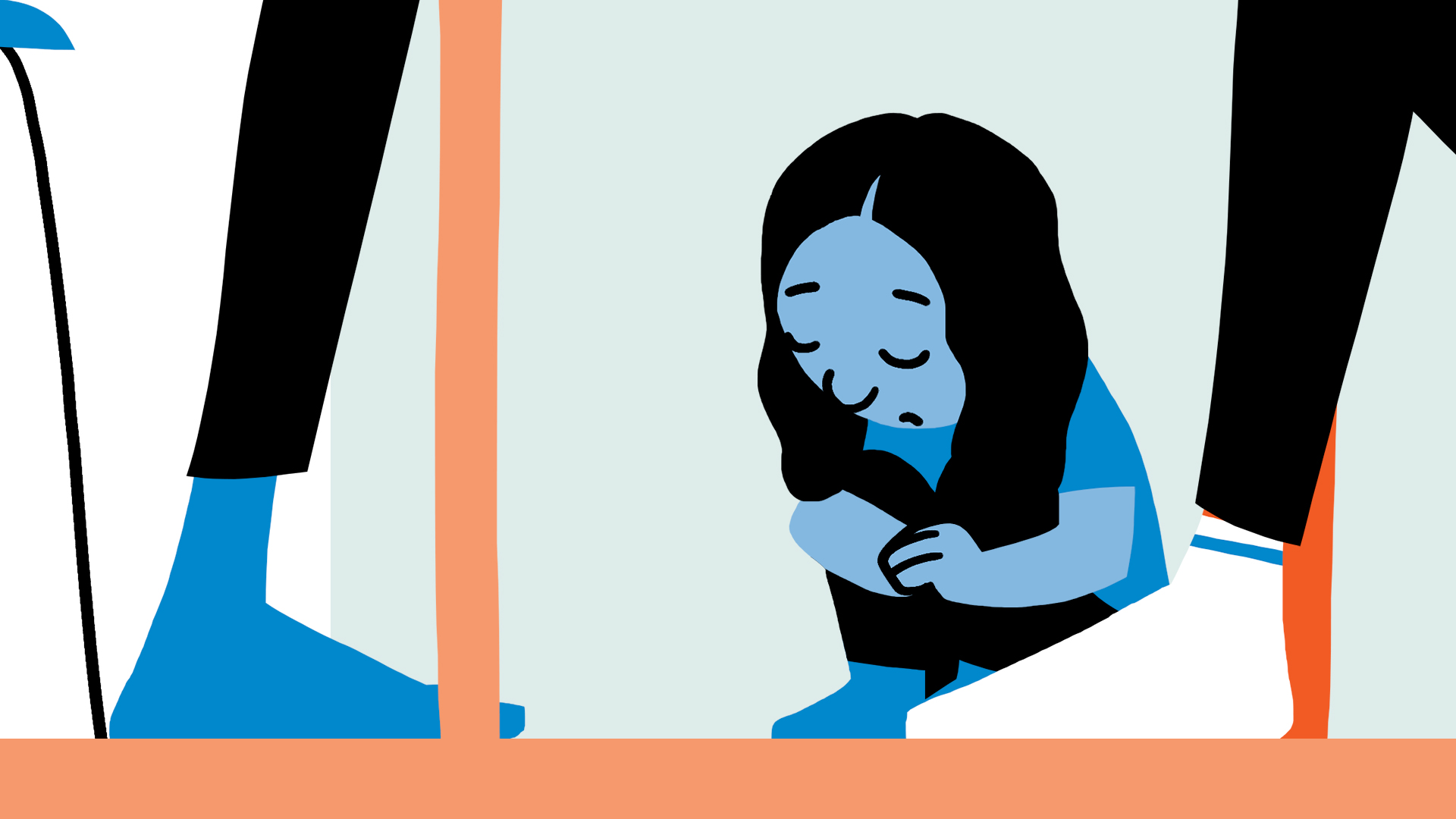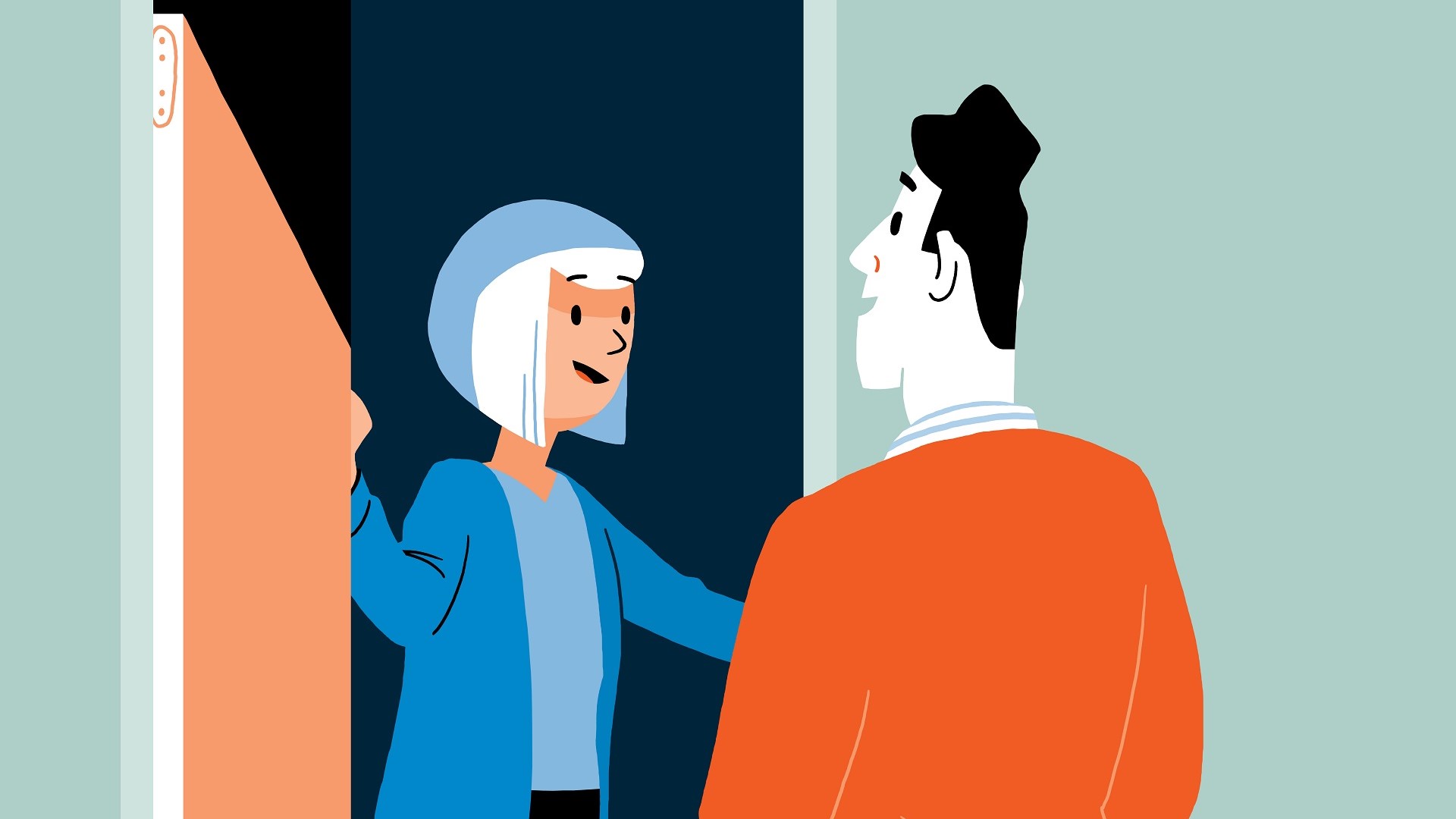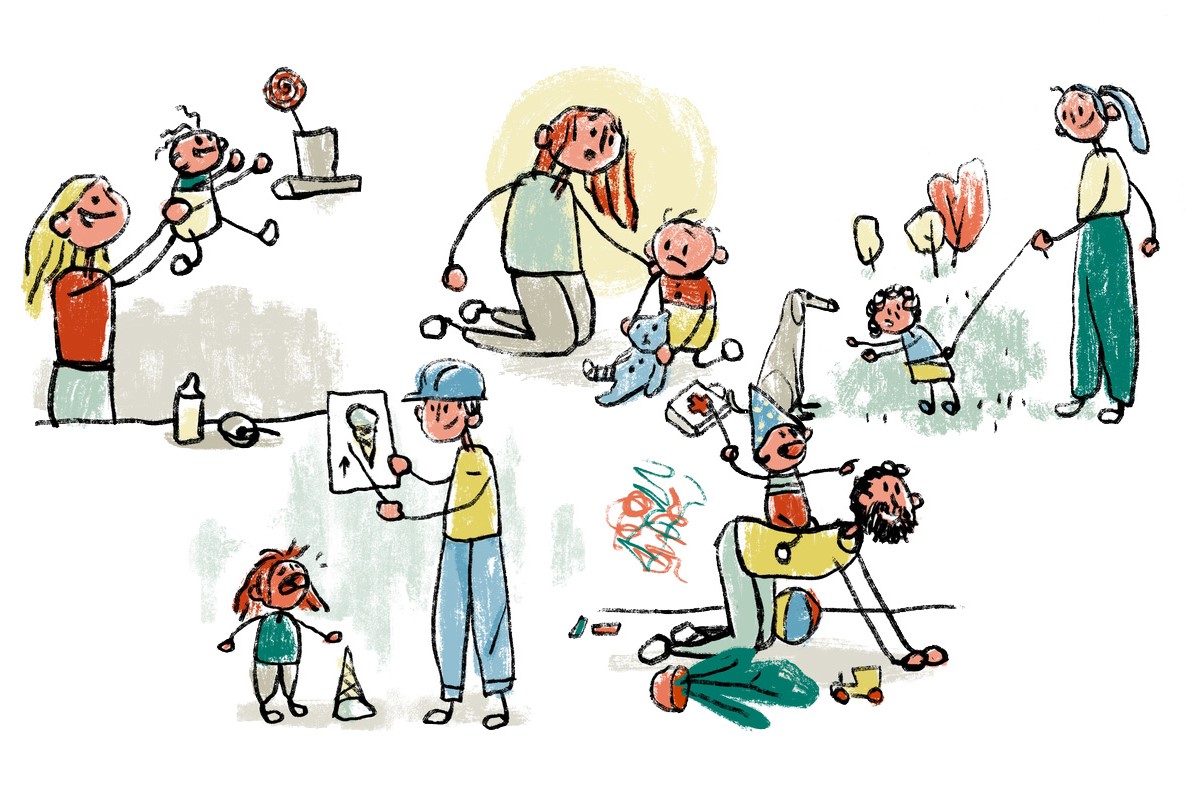Video: Moving to Norway with children (youtube)
Children must be kept safe
The child’s right to safety and well-being at home is important. This right is firmly upheld in Norwegian society. Parents are responsible for ensuring the well-being of their children, however, neighbours, teachers, health visitors and other adults may take action based on how parents raise their children. This may feel strange to families that are accustomed to each family being responsible for their own lives, without authorities or other people getting involved.
If someone is concerned about a child in Norway, it is common for them to let the Child Welfare Services in their municipality know. The Child Welfare Services is an office with employees that anyone can go to for help. The Child Welfare Services’ job is to provide help so that a child can live well together their family.

Learning Norwegian will make your everyday life in Norway easier
It is important to learn the language. If you can speak Norwegian, your everyday life will be much easier for both you and your child. Most people who move to Norway enroll in a Norwegian class. The municipality you move to can help you register for this kind of class.
Children often learn the language at school or in kindergarten. You could get to know some of the other parents and learn more Norwegian that way. Once you understand the language, it becomes much easier for you to take part in your child’s life at school, with friends and in his or her extracurricular activities. Not to mention, being able to speak Norwegian makes it much easier for you to find a job too.
It is easier to enjoy your life in Norway if you and your child are involved in the community
Some people feel lonely when they first come to Norway, without family or friends around them. There are many ways to get involved in your community, and it makes it easier to get to know people. If you join in activities in your local community, at school or kindergarten, you will have more people to go to for help and support when you need it.
The vast majority of children in Norway go to kindergarten, and every child goes to school until the age of 16. If you have a child, you will be asked to come to meetings at school and at your kindergarten and to go with your child to the dentist at the clinic. It is important that both you and your child arrive on time for your appointments.

If others are concerned about the well-being of your child, they may let the Child Welfare Services know
Things that make other people think your child is not doing well may be different than what you are used to. What is considered good child-raising can vary from country to country, and from culture to culture. Some actions that are acceptable in other countries may be against the law in Norway, while other actions are considered unacceptable by Norwegian society. In rare cases, the Child Welfare Services may have to relocate the child away from his or her parents.
Examples of what may cause other people to take action:
- The child is not allowed to be together with other children.
- The parents drink a lot of alcohol around the child or use drugs.
- The child is out much later at night than other children.
- The child does not have enough clothing on, or does not have clothing that is suitable for the weather.
- The parents are violent toward their child. Pinching, smacking or other physical reprimands are not allowed in Norway. Threats, loud yelling and uncontrolled rage can also cause other people to report you to the Child Welfare Services.

If a family is having trouble at home, they can get help
Living a new life in a whole new country can be hard. You might feel like your child is more influenced by the culture in Norway that you would have thought, that your child will not listen to you or that it is hard to understand how Norwegian society works.
Do you find it hard to know which laws and rules apply, and what is considered good parenting in Norway? If so, you can ask someone you trust, like a friend, a teacher or maybe a kindergarten employee.
The Child Welfare Services can also give you and your family advice when you are having trouble at home. The Child Welfare Services are here to help your family, so do not hesitate to contact us when you need to!
